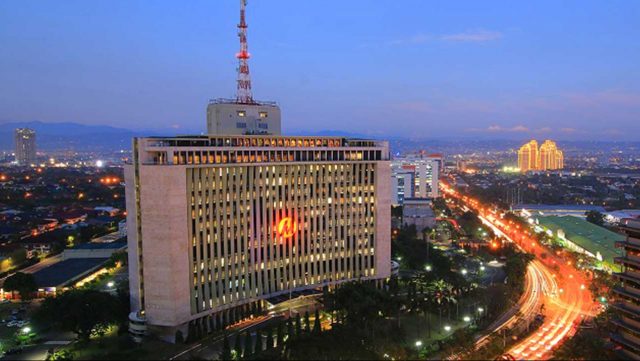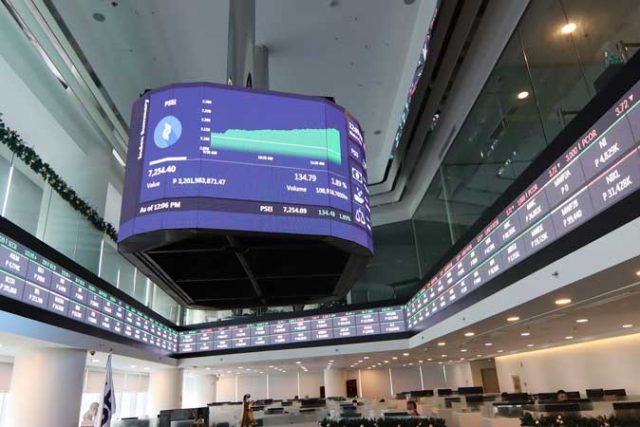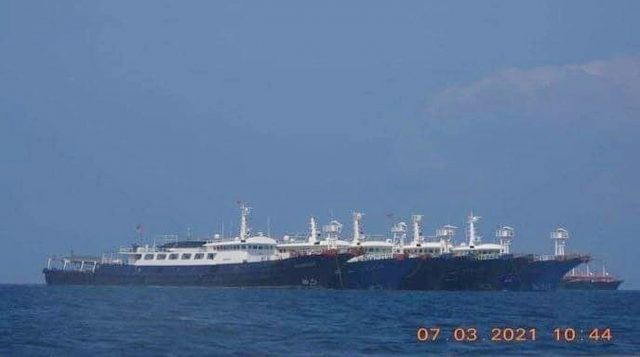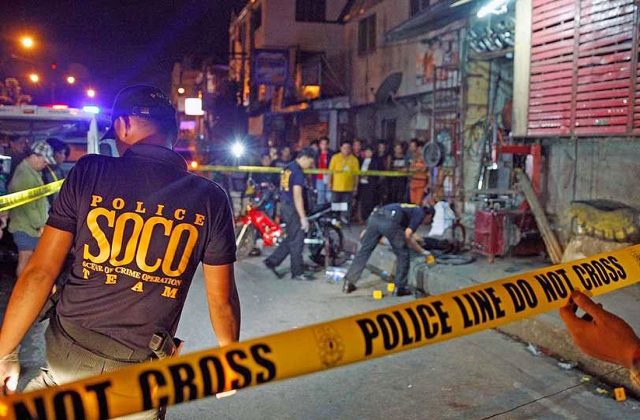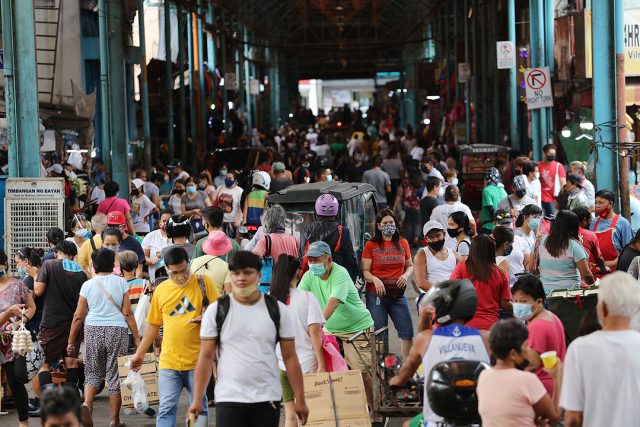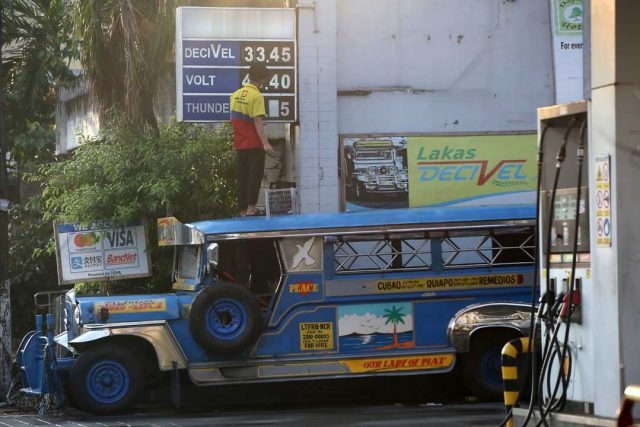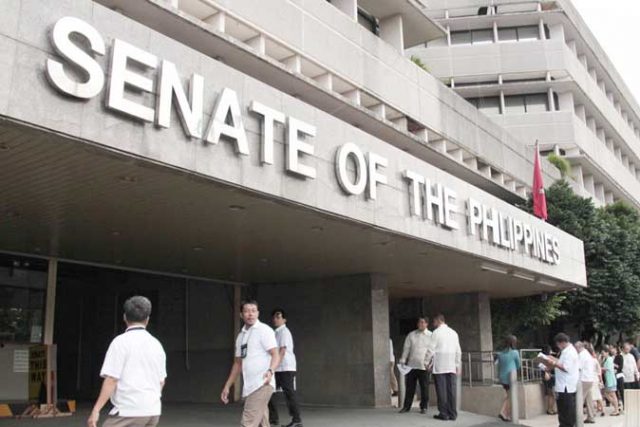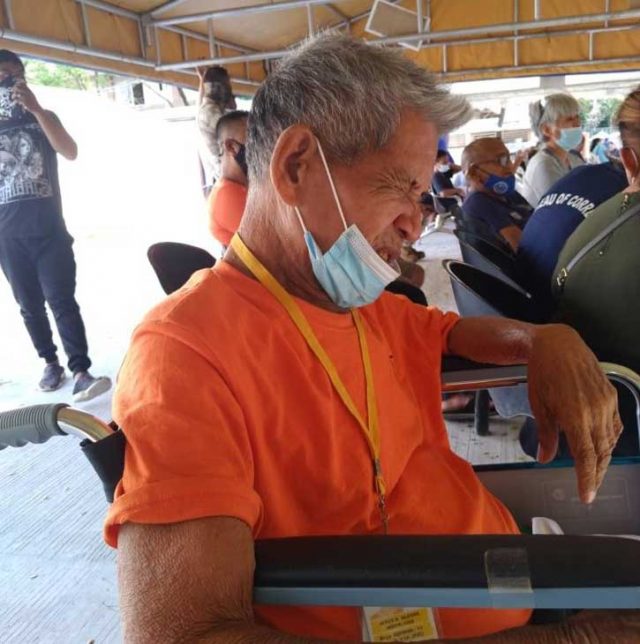THE PHILIPPINE Supreme Court has rejected for lack of merit a lawsuit seeking to compel President Rodrigo Duterte to sue China over its island-building activities in the South China Sea.
In a nine-page resolution, the tribunal unanimously dismissed the suit filed by a lawyer, as it ruled the matter is best decided by the political branches of the government.
As President, Mr. Duterte is “accountable only to his country in his political character and to his own conscience,” the court said in a ruling promulgated on June 29 but released only on Nov. 22.
Plaintiff Romeo M. Esmero earlier argued it is Mr. Duterte’s duty to defend the country’s national territory. He also said the President should seek damages from China before the International Court of Justice (ICJ) for taking the Spratly Islands.
But the court said that duty is discretionary, not ministerial. A ministerial duty must be specifically provided by law, it added.
The plaintiff failed to cite a law that requires the President to sue China before the United Nations or ICJ for its incursions into the country’s exclusive economic zone, the tribunal said.
“Neither has he shown a clear and unmistakable constitutional and statutory provision which prescribes how the President is to respond to any threat (actual or imminent) from another state to our sovereignty or exercise of our sovereign rights,” according to a copy of the order penned by Justice Rodil V. Zalameda.
The High Court also said the President is immune from suits while in office.
But even if the court were to consider a case filed against the President’s executive secretary, a plea seeking to compel him to action “would still not lie in the petitioner’s favor,” it said.
“A mandamus is used merely to compel action and to coerce the performance of pre-existing duty,” it said. “It does not lie to control the discretion.”
In a separate concurring opinion, Associate Justice Marvic Leonen argued that presidential immunity is not absolute.
“I agree with the ponencia that matters within the President’s discretion cannot be the subject of a writ of mandamus,” he said. “However, I take exception to its allusion that a sitting President cannot be the subject of any type of suit.”
The High Court released the decision more than a week after Chinese ships blocked and fired water cannons on Filipino-manned boats that were carrying supplies for marine troops stationed at a Philippine-claimed atoll in the South China Sea.
The President and his Foreign Affairs Secretary have condemned the incident, with Mr. Duterte calling it abhorrent.
The tough-talking Philippine leader told officials from China and Southeast Asian countries at a virtual meeting on Monday stakeholders should exercise self-restraint and avoid escalating tensions in the disputed waterway.
Philippine-based fisher’s group Pamalakaya said Mr. Duterte’s statement against China had come “too little, too late.” It was “more of a salvation of his political interest than an assertion of national sovereignty.”
China has occupied and transformed most parts of the Philippines’ exclusive economic zone into military bases due to Mr. Duterte’s “subservient foreign policies over the last five years,” Pamalakaya said in a statement on Tuesday.
Aside from the Philippines and China, Vietnam, Malaysia, Brunei and Taiwan also claim parts of the South China Sea.
The sea, which is important for the regional ambitions of Beijing, is a source of tension in the Indo-Pacific as the US and other Western countries continue to assert freedom of navigation in the area. The US, which is not a claimant, has been competing with China in trade.
Mr. Duterte led a foreign policy pivot to China away from the US when he took office in 2016. Mr. Duterte has since become friendlier toward the US less than a year before his six-year term ends.
Chinese coast guard attacked two Philippine supply ships on Nov. 16 using a water cannon for trespassing, according to its Foreign Ministry spokesman.
The Philippine boats trespassed into waters near Ren’ai Jiao of China’s Nansha Qundao, according to a transcript of Chinese Foreign Ministry spokesman Zhao Lijian’s briefing posted on the agency’s website last week.
Ren’ai Jiao is the Chinese name for Ayungin or the Second Thomas Shoal.
The Department of Foreign Affairs (DFA) earlier told China to back off because it has “no law enforcement rights in and around these areas.”
It also warned that the incident could jeopardize relations between the two countries, while citing its Mutual Defense Treaty with the United States. — Kyle Aristophere T. Atienza

